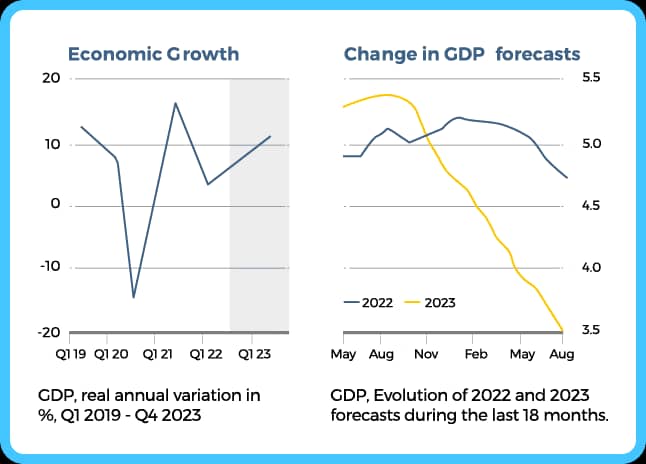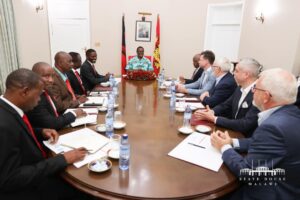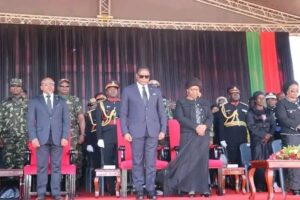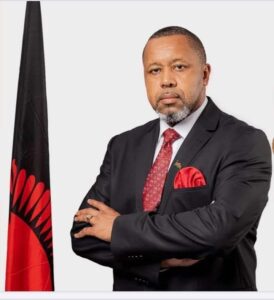World Bank Calls For Urgent Financial Reforms

Malawi’s public finances are in a precarious state, requiring an urgent shift away from “business as usual” to prevent further deterioration, according to the World Bank.
This stark warning was issued by Jakob Engel, senior economist in the Macroeconomics, Trade, and Investment Global Practice at the World Bank, based in Malawi, an expert in trade policy, political economy, distributional analysis, regional integration, and commodity markets.
The World Bank’s concerns are rooted in Malawi’s struggling public finance management, which has resulted in a significant accumulation of debt and a narrowing of fiscal space.
Engel emphasized that the country’s current fiscal trajectory is unsustainable and requires immediate attention to prevent a crisis.
“The World Bank’s call to action underscores the need for Malawi to implement comprehensive reforms to address the root causes of its public finance challenges,” reads part of Engel’s response.
This includes strengthening public financial management systems, improving revenue collection, and enhancing transparency and accountability.
Engel further stated that the international community is closely watching Malawi’s economic developments, and the World Bank’s warning serves as a timely reminder of the need for urgent reforms to ensure the country’s long-term economic stability and growth.
There’s no immediate response to the World Bank’s calls. However, in a recent statements from the Reserve Bank of Malawi emphasized its mission to ensure price and financial stability through sound monetary and macro-prudential policies.
Regarding Malawi’s economic situation, the Reserve Bank of Malawi has reported on the acceleration of inflation, partly due to the recent exchange rate re-alignment and energy price adjustments.
Additionally, the bank has highlighted its role in managing public debt, with commercial banks and the Reserve Bank of Malawi being the largest holders of domestic debt.
Here below is a textual representation of Malawi’s economic performance based on available data illustrating Malawi’s economic performance over the years, including GDP growth rate, inflation rate, and poverty headcount ratio provided by reliable sources such as the World Bank, International Monetary Fund (IMF), or Malawi’s National Statistical Office.
GDP Growth Rate (%)
2015: 3.1
2016: 2.5
2017: 4.0
2018: 3.5
2019: 4.4
2020: 0.8 (affected by COVID-19)
2021: 2.9
2022: 4.1 (projected)
Inflation Rate (%)
2015: 21.9
2016: 21.8
2017: 11.5
2018: 9.2
2019: 9.3
2020: 11.5
2021: 9.3
2022: 12.1 (projected)
Poverty Headcount Ratio (%)
2010: 51.5
2016: 52.4
2020: 51.1




